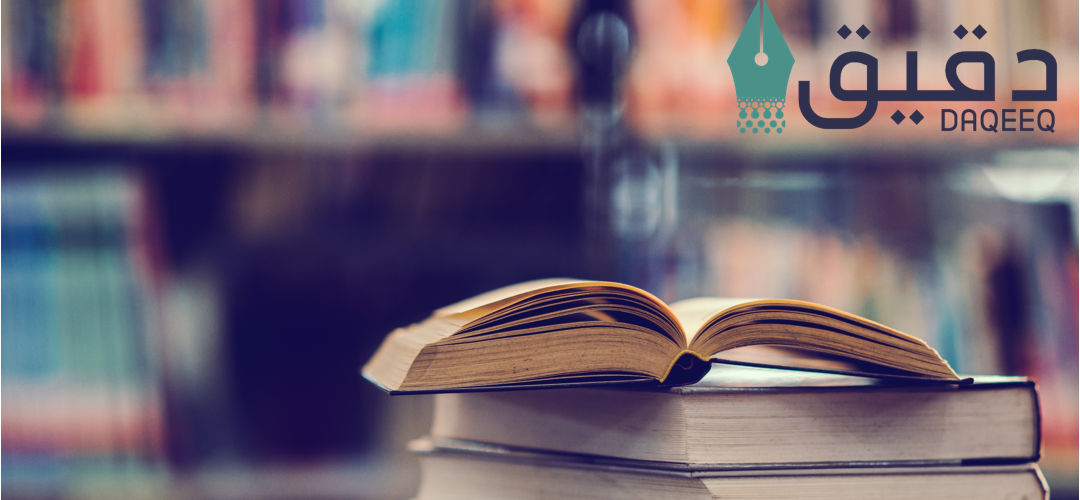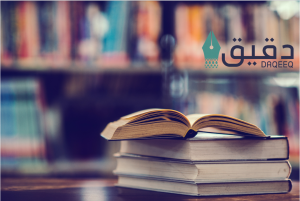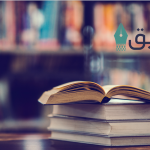Category: Translation & Localization Written by: Daqeeq Date: 04 Jan 2021
Daqeeq says…
Top 10 best translated books in history
DAQEEQ (Dubai) – Three years ago, His Highness Sheikh Mohammed bin Rashid Al Maktoum launched The Translation Challenge, which is a call to action for all Arab specialists to come together and volunteer to translate to Arabic over 11 million words of educational content in science and math for students from kindergarten to grade 12 and also make the output available in the form of 5000 videos for Arab students free of charge (albayan, 2019).

This initiative reminds us of the translation movement in Abbasid era, which was a large, well-funded, and sustained effort responsible for translating a significant volume of secular Greek texts into Arabic. The translation movement took place in Baghdad from the mid-eighth century to the late tenth century.
In this article, Daqeeq wants to share with you top 10 translated books in history excluding the Quran and the Bible. During our research, we found out that the list of the most translated books in history is controlled by novels especially those written for children.
So we formulated our own list, which contains in addition to novels, books that are political, historic, and scientific in nature. Without further ado, here’s the list:
-
The Prince is a 16th-century political treatise written by the Italian diplomat and political theorist Niccolò Machiavelli as an instruction guide for new princes and royals. The general theme of The Prince is of accepting that the aims of princes – such as glory and survival – can justify the use of immoral means from which the saying aims justify means came from.
-
The Wealth of Nations is the magnum opus of the Scottish economist and moral philosopher Adam Smith. First published in 1776, the book offers one of the world’s first collected descriptions of what builds nations’ wealth, and is today a fundamental masterpiece in classical economics.
-
The Muqaddimah is a book written by the Arab historian Ibn Khaldun in 1377, which records an early view of universal history. Some modern thinkers view it as the first work dealing with the social sciences of sociology, demography, and cultural history.
-
The Republic is a Socratic dialogue, authored by Plato around 375 BC, concerning justice, the order and character of the just city-state, and the just man.
-
The Adventures of Pinocchio is a novel for children by Italian author Carlo Collodi. It is about the mischievous adventures of an animated marionette named Pinocchio and his father, a poor woodcarver named Geppetto.
-
The Tao Te Ching is a fundamental text for both philosophical and religious Taoism. It has also strongly influenced other schools of Chinese philosophy and religion, including Legalism, Confucianism, and Buddhism.
-
Alice’s Adventures in Wonderland is an 1865 novel by English author Lewis Carroll. It tells of a young girl named Alice, who falls through a rabbit hole into a subterranean fantasy world.
-
The Little Prince by French aristocrat, writer, and aviator Antoine de Saint-Exupéry. The story follows a young prince who visits various planets in space, including Earth, and addresses themes of loneliness, friendship, love, and loss. Despite its style as a children’s book, The Little Prince makes observations about life and human nature.
-
Harry Potter is a series of seven fantasy novels written by British author J. K. Rowling. The novels chronicle the lives of a young wizard, Harry Potter, and his friends Hermione Granger and Ron Weasley, all of whom are students at Hogwarts School of Witchcraft and Wizardry.
-
The Alchemist is a novel by Brazilian author Paulo Coelho. Originally written in Portuguese, it became a widely translated international bestseller. It follows a young Andalusian shepherd in his journey to the pyramids of Egypt, after having a recurring dream of finding a treasure there.








No comments yet.